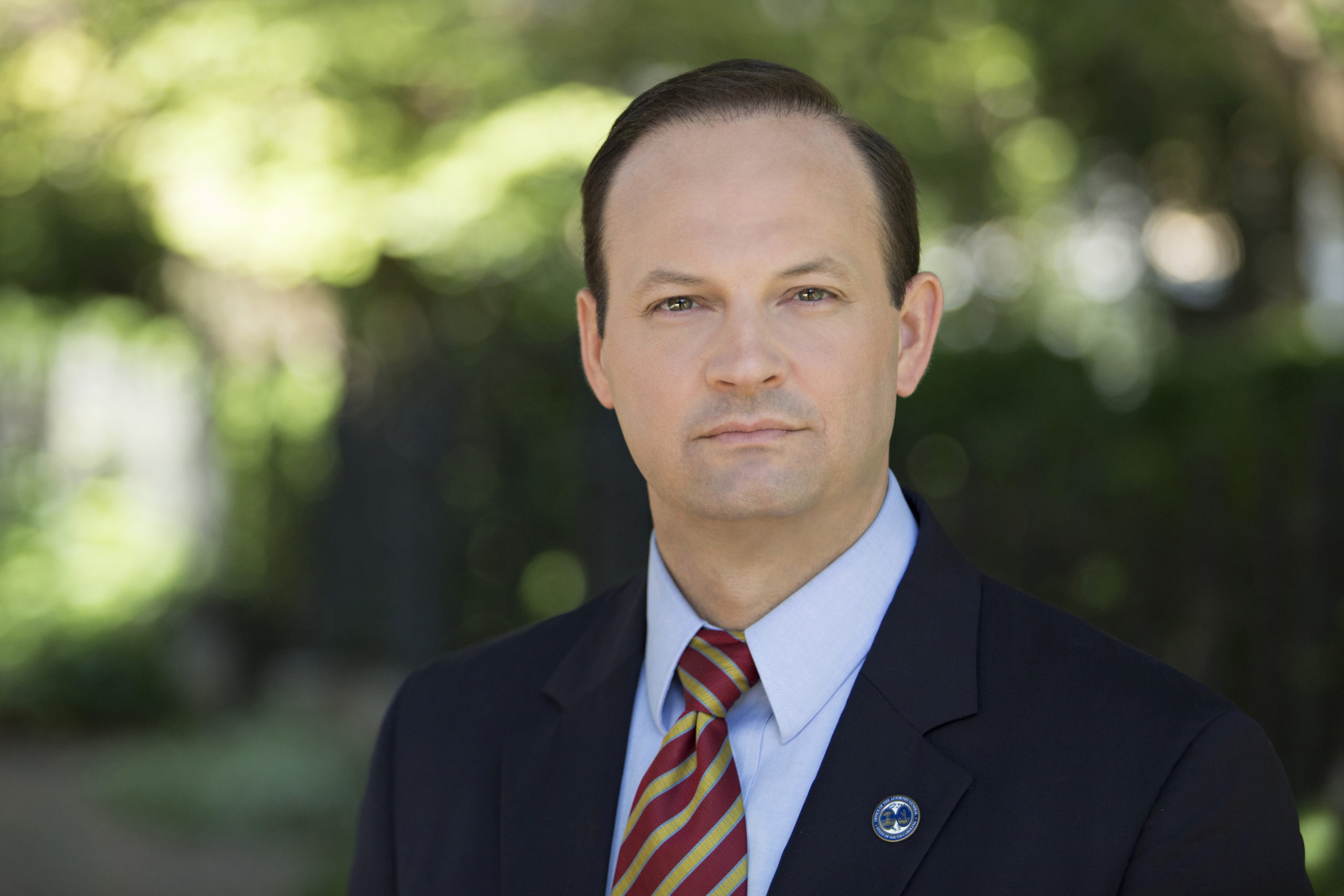In a news release Friday, Attorney General Alan Wilson announced the final approval of the $26 billion opioid agreement with the nation’s three major pharmaceutical distributors — Cardinal, McKesson, and AmerisourceBergen — and Johnson & Johnson.
South Carolina will get more than $300 million from the settlement, the news release said.
The drug companies are expected to begin releasing funds April 2, 2022. Money will start flowing to South Carolina in the second quarter of 2022, according to a news release from Wilson’s office.
“These settlements will provide much-needed financial resources, which will help combat South Carolina’s opioid epidemic,” Wilson said.
The agreement marks the culmination of three years of negotiations to resolve more than 4,000 claims of state and local governments across the country, according to the news release.
“It is the second-largest multistate agreement in U.S. history, second only to the Tobacco Master Settlement Agreement,” the release said.
All 46 counties in South Carolina and all 43 eligible municipalities, as well as the Health Services District of Kershaw County, have signed on to the agreement.
As a result, South Carolina expects to receive more than $300 million over the next 18 years, according to the release.
Under an agreement reached by Wilson and the litigating counties, 92 percent of these funds will be used to directly address the opioid crisis in South Carolina and will go toward treatment, recovery, harm reduction and other strategies, the release said.

***
In addition to the funds, Cardinal, McKesson, and AmerisourceBergen will:
- Establish a centralized independent clearinghouse to provide all three distributors and state regulators with aggregated data and analytics about where drugs are going and how often, eliminating blind spots in the current systems used by distributors.
- Use data-driven systems to detect suspicious opioid orders from customer pharmacies.
- Terminate customer pharmacies’ ability to receive shipments, and report those companies to state regulators, when they show certain signs of diversion.
- Prohibit shipping of and report suspicious opioid orders.
- Prohibit sales staff from influencing decisions related to identifying suspicious opioid orders.
- Require senior corporate officials to engage in regular oversight of anti-diversion efforts.
Johnson & Johnson is required to:
- Stop selling opioids.
- Not fund or provide grants to third parties for promoting opioids.
- Not lobby on activities related to opioids.
- Share clinical trial data under the Yale University Open Data Access Project.
Additional information about the opioid settlements is available at https://www.nationalopioidsettlement.com.
